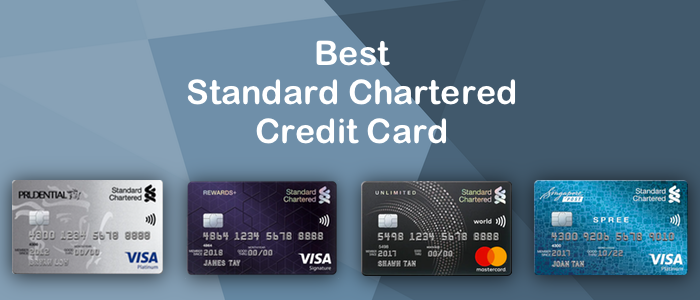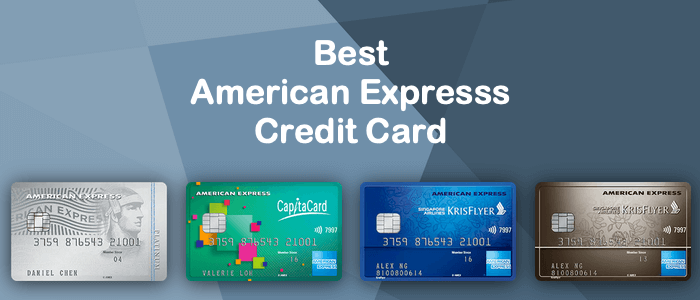
ARE THE CREDIT CARDS WE LOVE & HATE ETHICAL?
Most credit card members don’t mind which bank they use, nor what happens to the money they invest with them. However, to others, it’s a huge issue. Customers are increasingly question what large banks are doing with their money, particularly when it comes to the environment or ethics, such as arms trading or investing in polluting industries.
For example, one of Britain’s biggest bank chains – the Royal Bank of Scotland – was the subject of an ongoing campaign by human rights groups after it was discovered that they were investing in companies linked to the manufacture of cluster munitions. In early 2011, the bank agreed to withdraw this funding, and that’s the new-found power that ethically-minded customers have if they vote with their feet (and their money).
The problem if you’re that way inclined is finding a credit card that reflects your outlook on life and refuses to deal with unethical issues. But if you look hard enough, they are out there waiting for you.
One particularly popular way to wear your heart on your sleeve is through the charity card. It works much the same as the rewards credit card that’s so very popular these days, but instead of earning points toward a night out or flights, you’re giving money to your chosen charity.
Another way is to carefully chose the bank which issues the card. In some countries that’s not a problem. In the UK, for example, the Cooperative Bank is well known for its ethical stance, and is the natural home for ethically-minded customers. In some countries it’s not so simple.
However, if you look at the two main card operators – Visa and MasterCard – you’ll find that they’re not so different in their standards. Both have published statements saying they’re committed to ethical trading “honesty, fairness, and honouring commitments”. Essentially, the thing to do is shop around, ask your bank about their stance and act accordingly.
Even if you own an ethical credit card, the piece of plastic in your pocket may not be as ethical as you think. The vast majority of credit cards in this world (and there are billions) are made of PVC, which isn’t biodegradable when it reaches the end of its life. Some – and a very few – cards are non-PVC, but with the growing trend to linking your credit card to your mobile phone device, it might not be that long before those polluting pieces of PVC are a thing of the past.
If you are looking to compare Singapore credit cards, then please visit our site Enjoy Compare
Article by Jason Taylor – [email protected]





